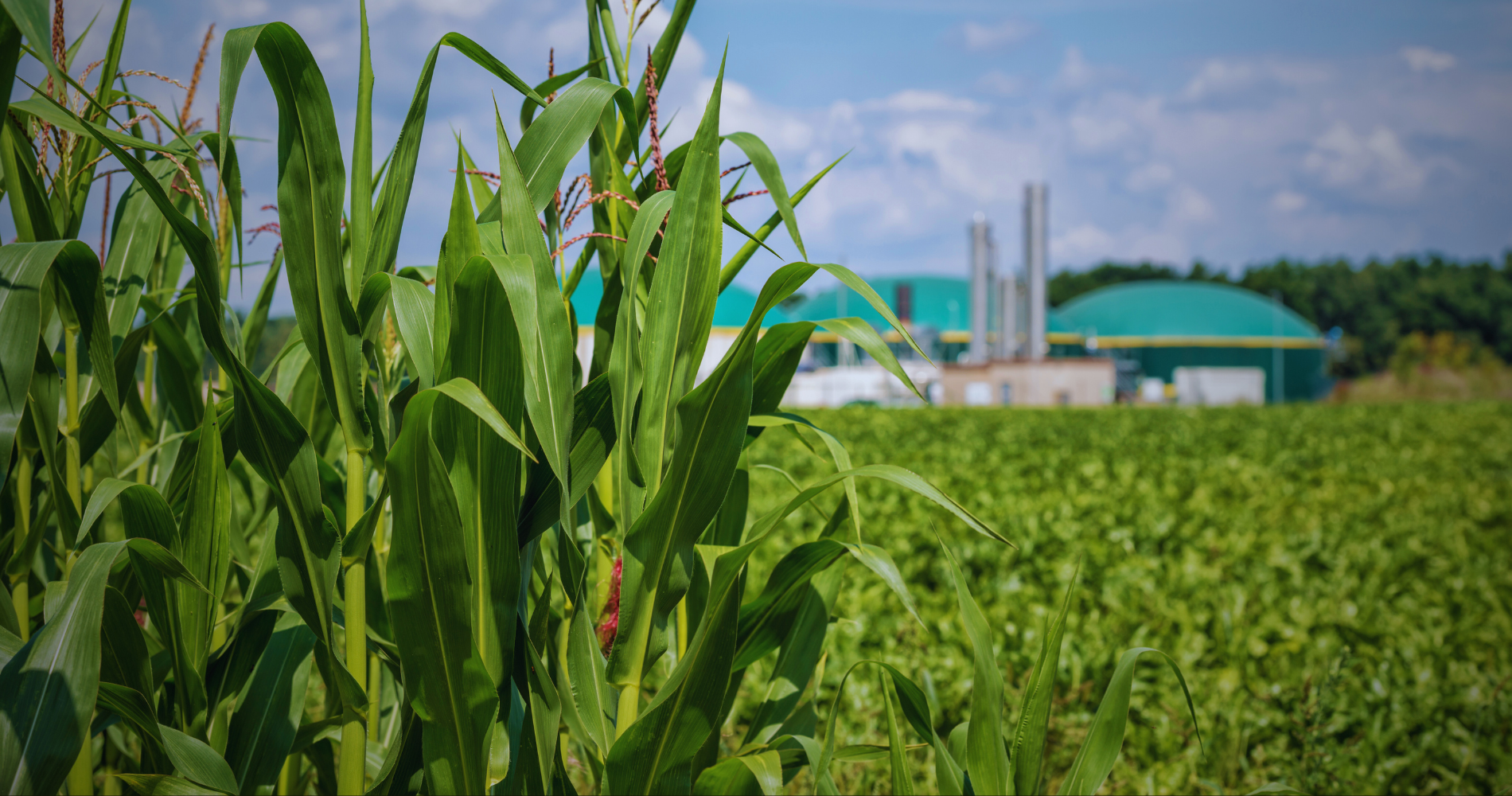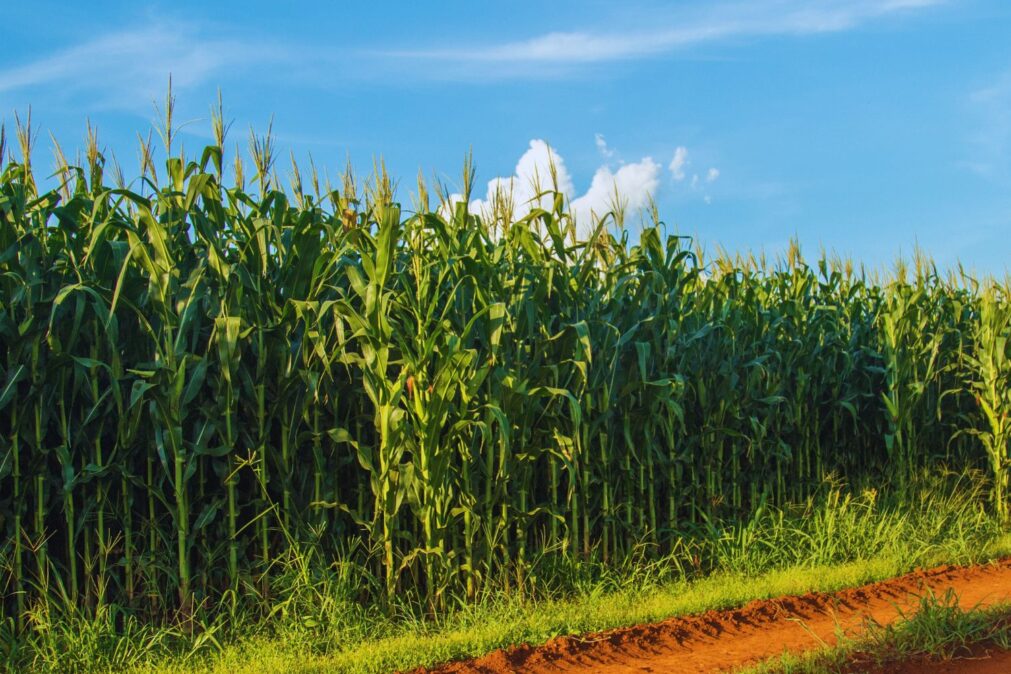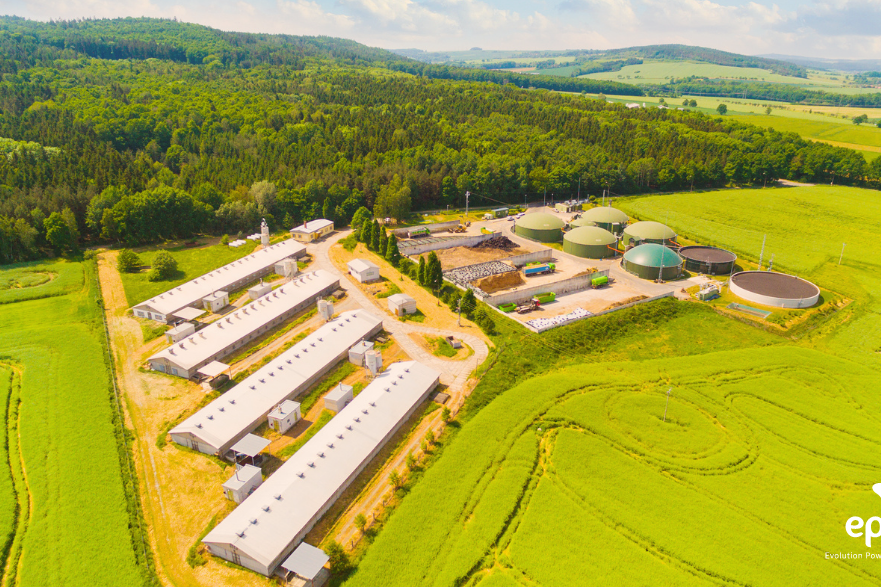In a world increasingly aware of climate change, Brazil, India and Indonesia are emerging as leaders in global demand for biofuels. Let’s explore how these countries are using natural resources, government policies and technological innovations to power an energy revolution.
The Rise of Biofuels: A New Energy Order
The search for cleaner and more sustainable energy sources has become a global priority. In this scenario, Brazil, India and Indonesia are emerging as the main drivers of global demand for biofuels. According to a report by the International Energy Agency (IEA), these countries are capitalizing on the abundance of raw materials, efficiency in production and government policies to boost demand, partially offsetting imports of oil derivatives.
The transition to biofuels is a response to the need to diversify energy sources, reduce dependence on fossil fuels and mitigate greenhouse gas emissions. Biofuels, such as ethanol and biodiesel, are produced from organic matter and are considered renewable because the raw material can be replanted and regenerated.
Energy Security: The Rationale for the Expansion of Biofuels
Energy security has been a recurring theme in energy policy discussions. The IEA points out that energy security has been the main reason for the expansion of biofuels policies this year. The forecast is for an increase in demand to 18 million liters by 2024, with almost two-thirds of this growth taking place in emerging economies, mainly in India, Brazil and Indonesia.
Energy security is a critical issue for many countries, as dependence on imported energy sources can lead to geopolitical vulnerabilities. Biofuels offer a domestic alternative that can reduce this dependency and increase energy security.
Brazil and the Biofuel Revolution
Brazil, with its rich biodiversity and vast natural resources, is positioning itself as a leader in the production of biofuels. The country’s Ministry of Mines and Energy (MME) recently announced an expansion plan for the mandatory addition of biodiesel to diesel oil sold to the final consumer. This is part of a broader strategy to increase national biodiesel production from 6.3 billion to over 10 billion liters annually between 2023 and 2026. This initiative also aims to reduce diesel oil imports, promoting energy self-sufficiency.
Brazil has a long history of producing biofuels, especially ethanol, which is produced from sugarcane. The country is the second largest producer of ethanol in the world, behind only the United States. Biodiesel production in Brazil has also grown, with the country becoming one of the world’s leading producers.
The Demand for Ethanol and the Future of Energy
Ethanol demand is a crucial component of the biofuel equation. The IEA predicts slow growth in demand due to higher sugar prices. However, sugar producers in Brazil have the flexibility to switch production between sugar and ethanol, depending on which option is more profitable. This demonstrates the adaptability of the biofuels sector and its ability to respond to changing market conditions.
Ethanol has several advantages as a fuel. It is biodegradable, non-toxic and reduces the emission of atmospheric pollutants. Furthermore, ethanol can be used in internal combustion engines with little or no modification, making it an attractive alternative to fossil fuels.
India and Indonesia: New Players in the Field of Biofuels
India and Indonesia are also emerging as important players in the field of biofuels. India is aiming to reach 20% ethanol blending by 2025, which will drive demand growth in the coming years. Indonesia, on the other hand, announced two initiatives to accelerate the deployment of biofuels in late 2022.
These countries are investing in biofuels as part of a broader strategy to diversify their energy sources, reduce greenhouse gas emissions and promote rural development. Biofuel production can provide rural jobs, increase farmers’ incomes and reduce rural poverty.
The Biofuels Revolution Is Just Getting Started
The growing demand for biofuels is a clear sign that the energy revolution is in full swing. With countries like Brazil, India and Indonesia leading the way, we can expect to see more innovations and advances in the field of biofuels in the coming years. The transition to cleaner and more sustainable energy sources is not only an environmental necessity, but also a significant economic opportunity. The biofuels revolution is just beginning, and the future of energy looks greener than ever.





